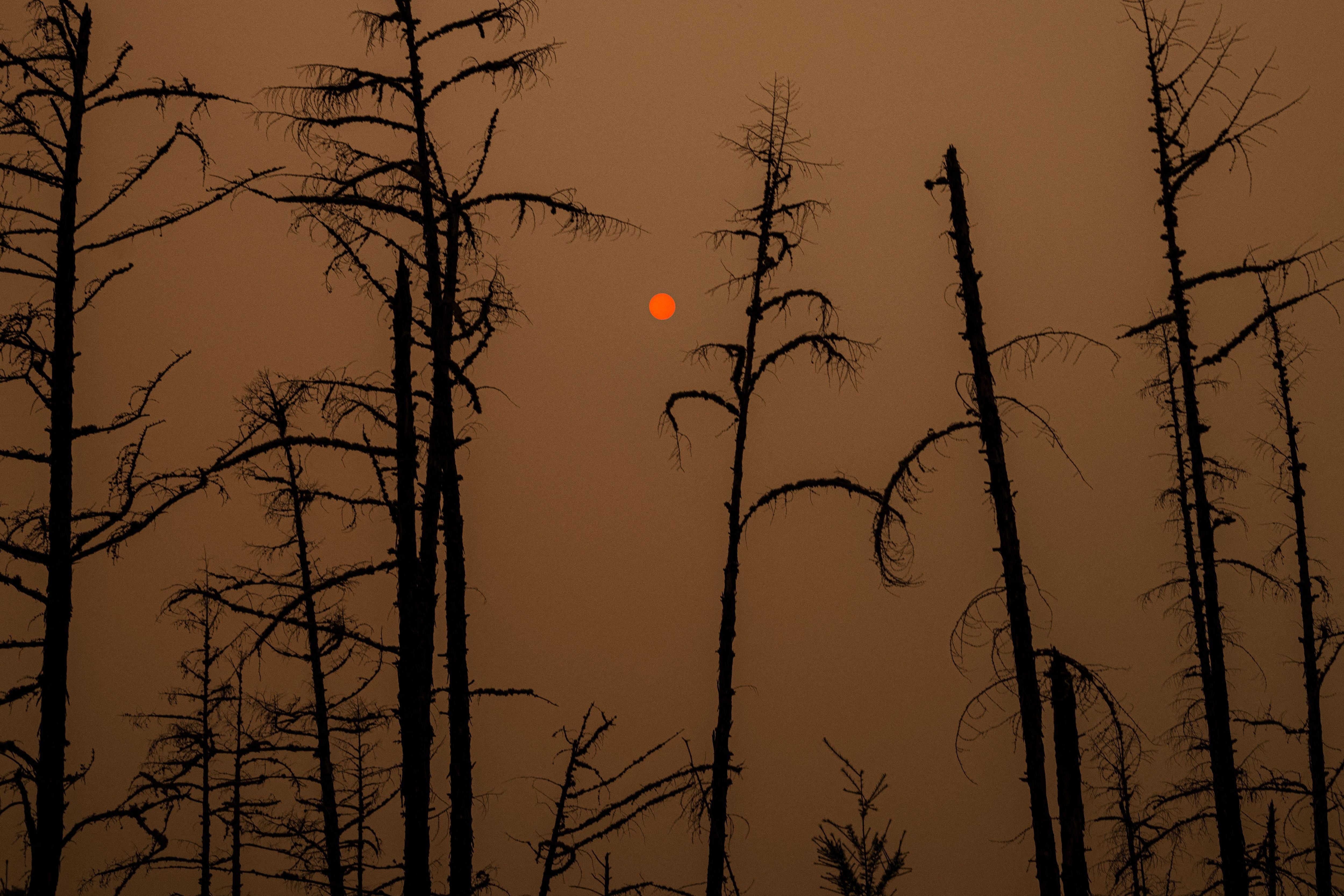‘More like the Mediterranean’: UN agency confirms 2020 Arctic heat record in Siberian town
The Arctic continues to see extreme temperatures and is warming at a rate more than double the global average

Your support helps us to tell the story
From reproductive rights to climate change to Big Tech, The Independent is on the ground when the story is developing. Whether it's investigating the financials of Elon Musk's pro-Trump PAC or producing our latest documentary, 'The A Word', which shines a light on the American women fighting for reproductive rights, we know how important it is to parse out the facts from the messaging.
At such a critical moment in US history, we need reporters on the ground. Your donation allows us to keep sending journalists to speak to both sides of the story.
The Independent is trusted by Americans across the entire political spectrum. And unlike many other quality news outlets, we choose not to lock Americans out of our reporting and analysis with paywalls. We believe quality journalism should be available to everyone, paid for by those who can afford it.
Your support makes all the difference.An Arctic temperature record of 38C was reached during a heatwave in Siberia during the summer of 2020, the World Meteorological Organisation (WMO) has confirmed.
The temperature was recorded on 20 June 2020 at a meteorological observation station in the Russian town of Verkhoyansk, which lies 71 miles north of the Arctic Circle.
Scientists at the UN agency said the record “occurred during a prolonged heatwave” which also led to devastating forest fires and Arctic sea ice loss.
The agency also noted that summer temperatures in the region were on average 10C warmer than usual in 2020, and that climate change had contributed to 2020 being one of the warmest years on record.
The WMO added that the Arctic Circle region is among the fastest warming regions in the world and is warming at more than twice the rate of the global average, and said the temperature was “more befitting the Mediterranean than the Arctic”.
In a statement that confirmed the record, the agency said: “It is possible, indeed likely, that greater extremes will occur in the Arctic region in the future”.
The statement detailed the process of confirmation, including an in-depth analysis of data and metadata, including data from the European Centre for Medium-Range Weather Forecasts (ECMWF), as well as stations and equipment near Verkhoyansk.
The WMO also verified that no historical records from other Arctic countries showed instances of temperatures reaching or surpassing 38C for all known locations in the Arctic Circle.
In response to the new record, WMO secretary-general Petteri Taalas said: “This new Arctic record is one of a series of observations reported to the WMO Archive of Weather and Climate Extremes that sound the alarm bells about our changing climate.”
Other records have been set in 2020 and 2021, including a high temperature of 18.3C reported at Argentina’s Esperanza meteorological station in Antarctica in 2020.
The WMO is also in the process of verifying readings of 54.4C recorded in California’s Death Valley in 2020 and 2021, as well as a reported record from Sicily, which saw the mercury climb to 48.8C this summer.
Professor Taalas added: “The WMO Archive of Weather and Climate Extremes has never had so many ongoing simultaneous investigations”.
Join our commenting forum
Join thought-provoking conversations, follow other Independent readers and see their replies
Comments